We’re excited to introduce you to the always interesting and insightful JANDIZ ESTRADA CARDOSO. We hope you’ll enjoy our conversation with JANDIZ below.
Alright, JANDIZ thanks for taking the time to share your stories and insights with us today. What did your parents do right and how has that impacted you in your life and career?
Well, my mother was the first of her family to immigrate from Lebanon and my father was the first of his, from a tiny province in northern Philippines that has its own dialect (Pangalatok) spoken only by roughly 2 Million people in the world.
One of the greatest decisions they made in their lives, was to cross the earthly 1970s, put trust in the unknown, and find the means that matched their will.
This will, originates in their strong shared belief in equal human value; by that I mean that they believed in the inalienable right to pursue safety, education, faith freedom, and prosperity, the simplest things, right? They were humble people.
My mom knitted and sewed my clothes and stuffed animals but never found time to learn how to ride a bike or swim.
My pop said to me recently, “I remember when this song came out, because I heard it on my baryo’s first radio the year we got electricity.” He was 18 and that year was 1969.
They constantly reminded us of the contrasts between their childhood, ours, and of those across the street or around the world.
Jun Estrada, is my pop- he taught me how to wash the car, wash & hang my clothes, cook and clean in my kitchen. All of these were and are still my signs of hard-earned wealth that should be cherished.
So since we were “wealthy” when I was six, my sister was seven, and my brother was five, Jun and Dalal adopted my five cousins. We were a household of ten humans, who lived so efficiently together yet understood the great virtue of self reliance. They raised us to leave home as soon as we could and go as far as we wanted.

Great, appreciate you sharing that with us. Before we ask you to share more of your insights, can you take a moment to introduce yourself and how you got to where you are today to our readers.
Today, I am the Director of the Episodic Program and Lab at Sundance Institute. But it was a narrow, jagged, and ascending winding road getting here. One thing I point out to everyone I mentor, is that there is no straight mappable line on your journey. Almost every job I’ve held was unexpected, brand new or not even in existence a few years into my arrival to it. When I began working in streaming, everything was still burgeoning and certainly could not have been taught in grad school or seen named on a job listing. The divisions and teams I joined at the networks, were newly assembled and tasked to establish, invent themselves, and then to build strategy around immediate gaps, as well as scale for longevity and define success along the climb.
While in high school and college, I was a touring singer/dancer but studying writing and directing. Along the way, I developed my greatest skill sets and collaborative work ethics that crossed me over from Las Vegas as a performer to working with Broadway productions, then Film and TV. I weaved that into guest teaching at Universities and studios in the US and Brazil. Surrounded by great producers and executives, I absorbed budget planning, deal negotiation, and audience engagement skills that I lean into now having launched programs and initiatives.
Similar to raising children, it begins with acute listening and analyzing the current systems, before I present various strategies to the overlapping or contradictory goals of all stakeholders at the table- it’s like wrangling multiple kids at their first arcade. Ultimately, every media format, every genre, if it’s scripted/unscripted, development/current programming, writers, actors, producers, buyers, they all require you to first learn their love language to ultimately conceptualize their title or product- be it a series or feature, ad campaign, a stadium live event, or comedy tour- as a solution to the audience or participant. Then, I elevate the core human aspects and design upon that. I’ve worked with global media corps, theme parks, public schools, celebrities, and everyone of their audiences is influenced not by facts but by deeply moving, honest storytelling. I’m honored when a project I contribute to wins awards, but it fulfills me, when a project exposes and activates social change. I think following that inner compass, is what brought me to what I do now and what I will do next.
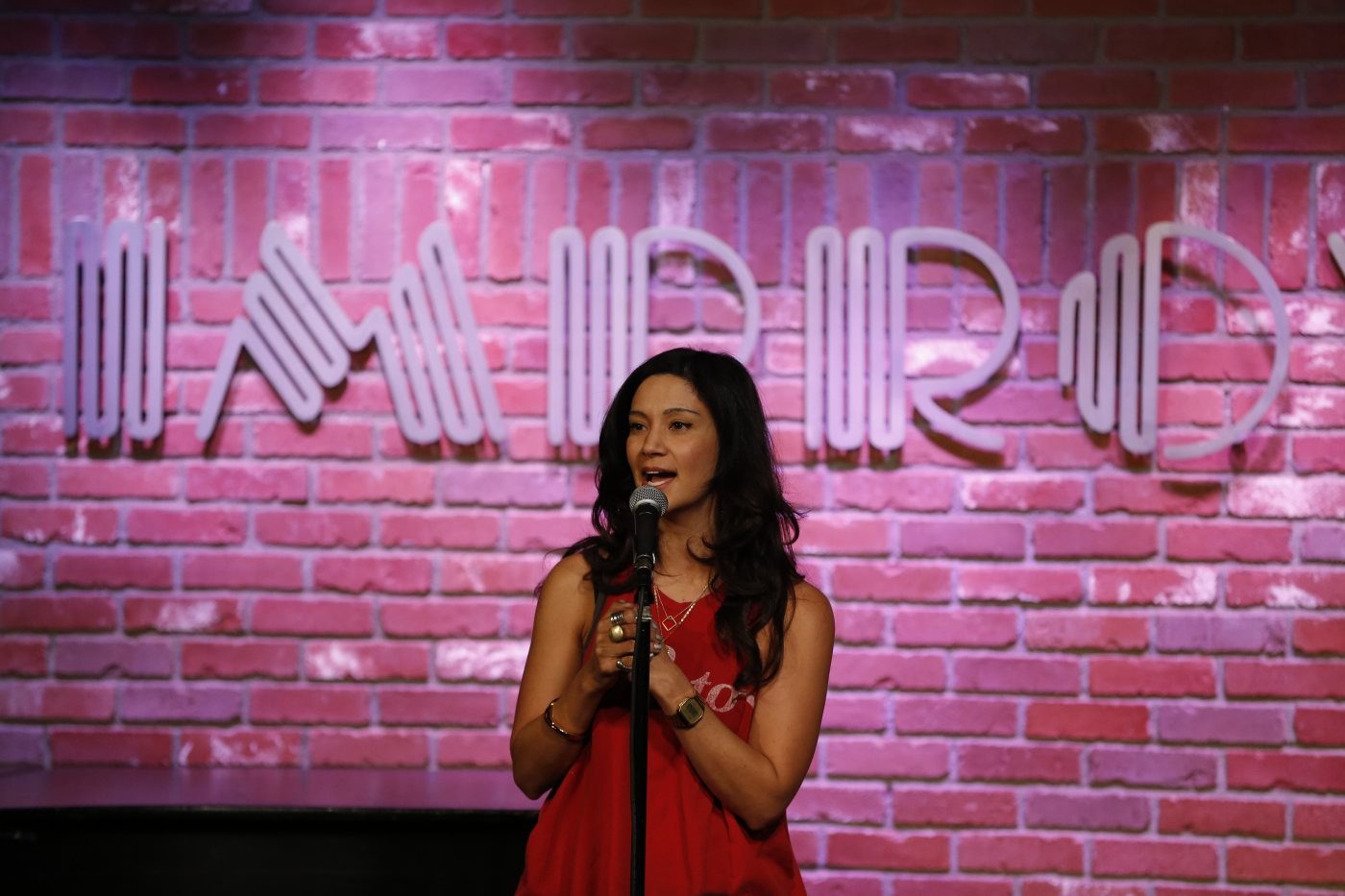
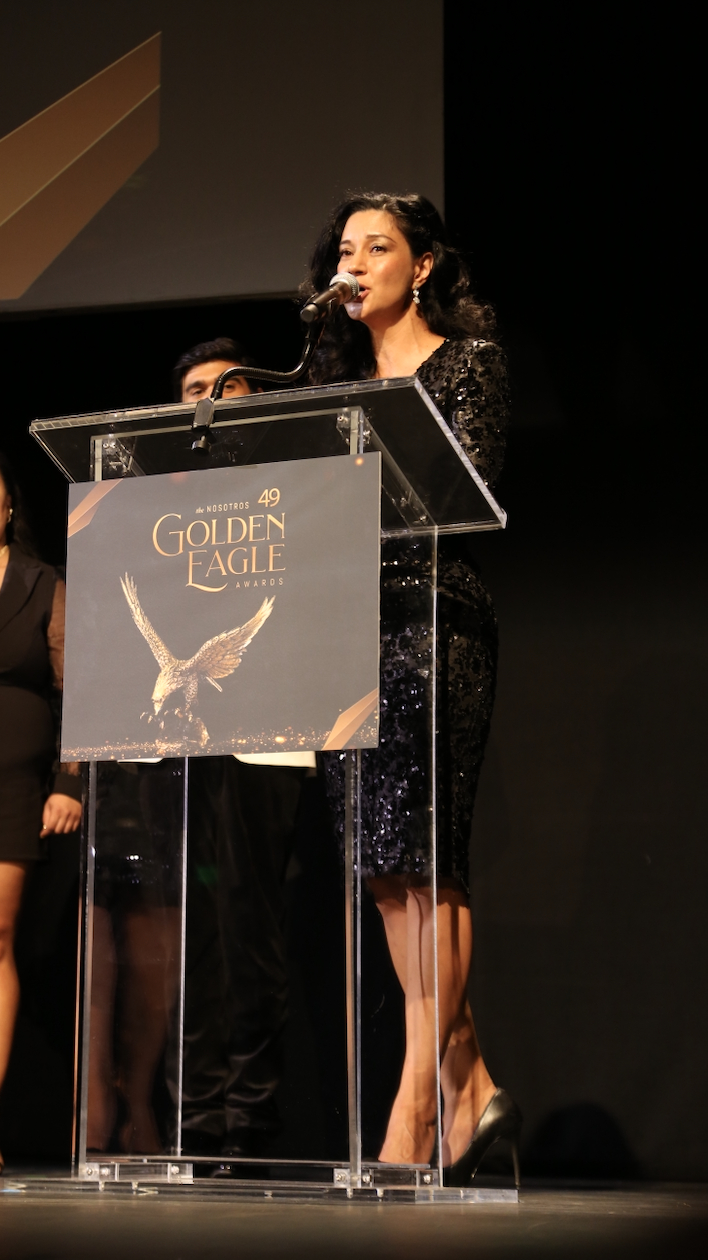
Do you think there is something that non-creatives might struggle to understand about your journey as a creative? Maybe you can shed some light?
When I meet someone who operates without their creative heart open, the hairs on my collar bone stand up. I feel the price tag they see hanging around my neck with a value they have assigned to my potential relationship with them. It’s cringe. I spent a huge amount of years in a monetized mindset.
After decades of inhaling grind culture and isolating “power moves” to grab the bag, I ending up selling my car, refinancing my house twice, and taking a 55% salary cut – because I was ready to begin my creative journey again. I redefined the metrics of my worth, my time, and leaned into building relationships first and 5 year plans later.
Now more often than ever, when I meet an accomplished and dedicated creative, it is never transactional. Perhaps because they also have fallen victim to Hollywoodland opportunists and nepobabies, prowling the halls of the westside members-only clubs, smelling of arrogance, desperation, and a jar of fermented ideas.
Can anyone really do business with someone we don’t like the smell of?
I’ve noticed non-creatives speak in trades or alpha credits first. Those types cling quick and drip off slowly, leaving you feeling used. Conversely, many creatives begin with seeking out commonality as opposed to comparison or hierarchy. Meaningful engagements are had without an agenda. If you respect someone, how can you possibly predict when or what their most meaningful contribution to you is? It might never be the funding or the gig, or the account. It could simply be advice on a growth model, a pinnacle introduction, a letter of recommendation, or even better, a colleague you eventually call a lifelong ally beyond this one thing. What I hope becomes a shift is the entertainment and other landscapes, is that individuals lead with respect for one another and not exchange rates. And I want to add that everybody, everyone has creativity within them, it’s just a matter of how much they keep it suppressed believing their non-creative methods reap higher gains.
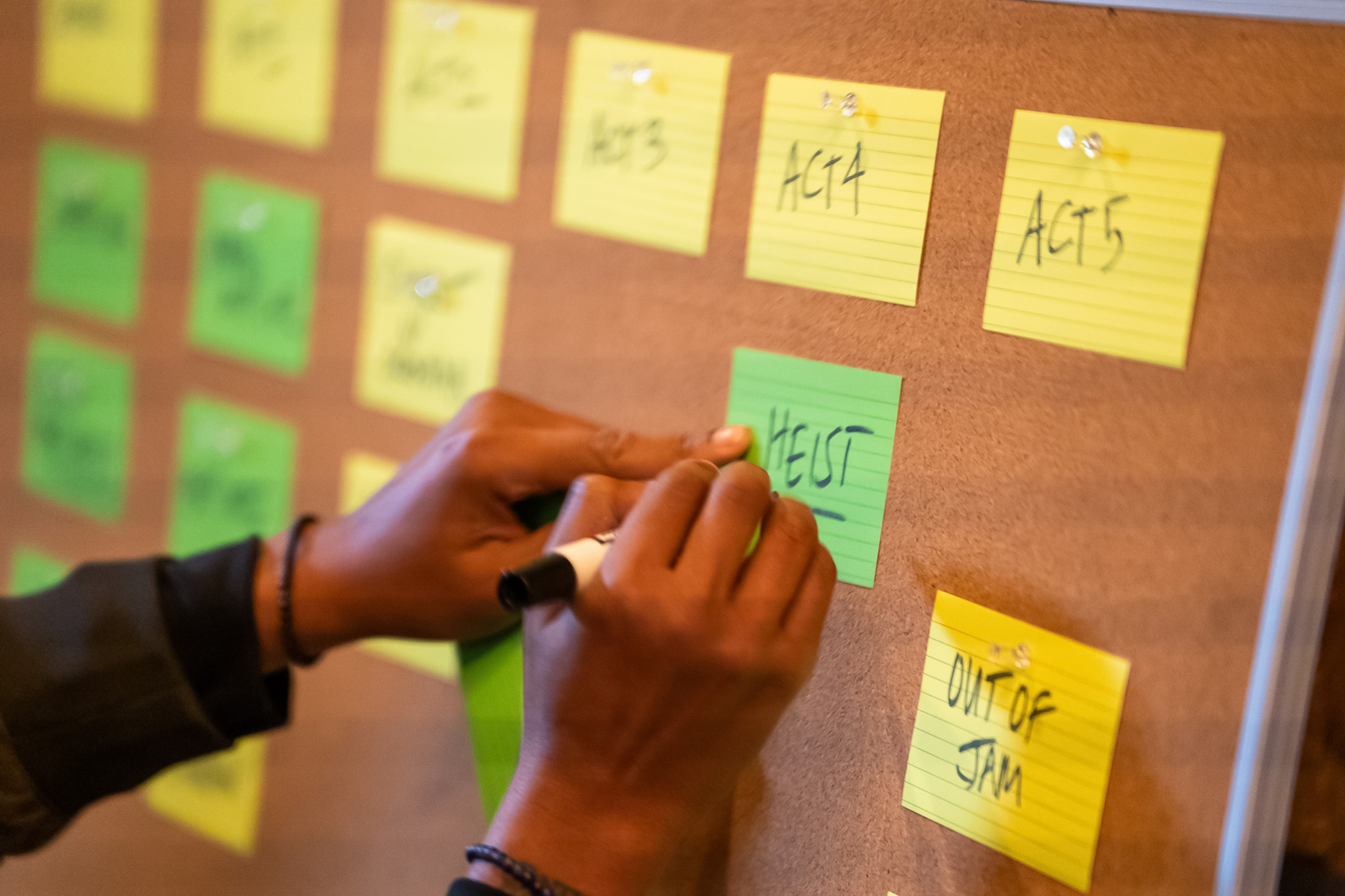
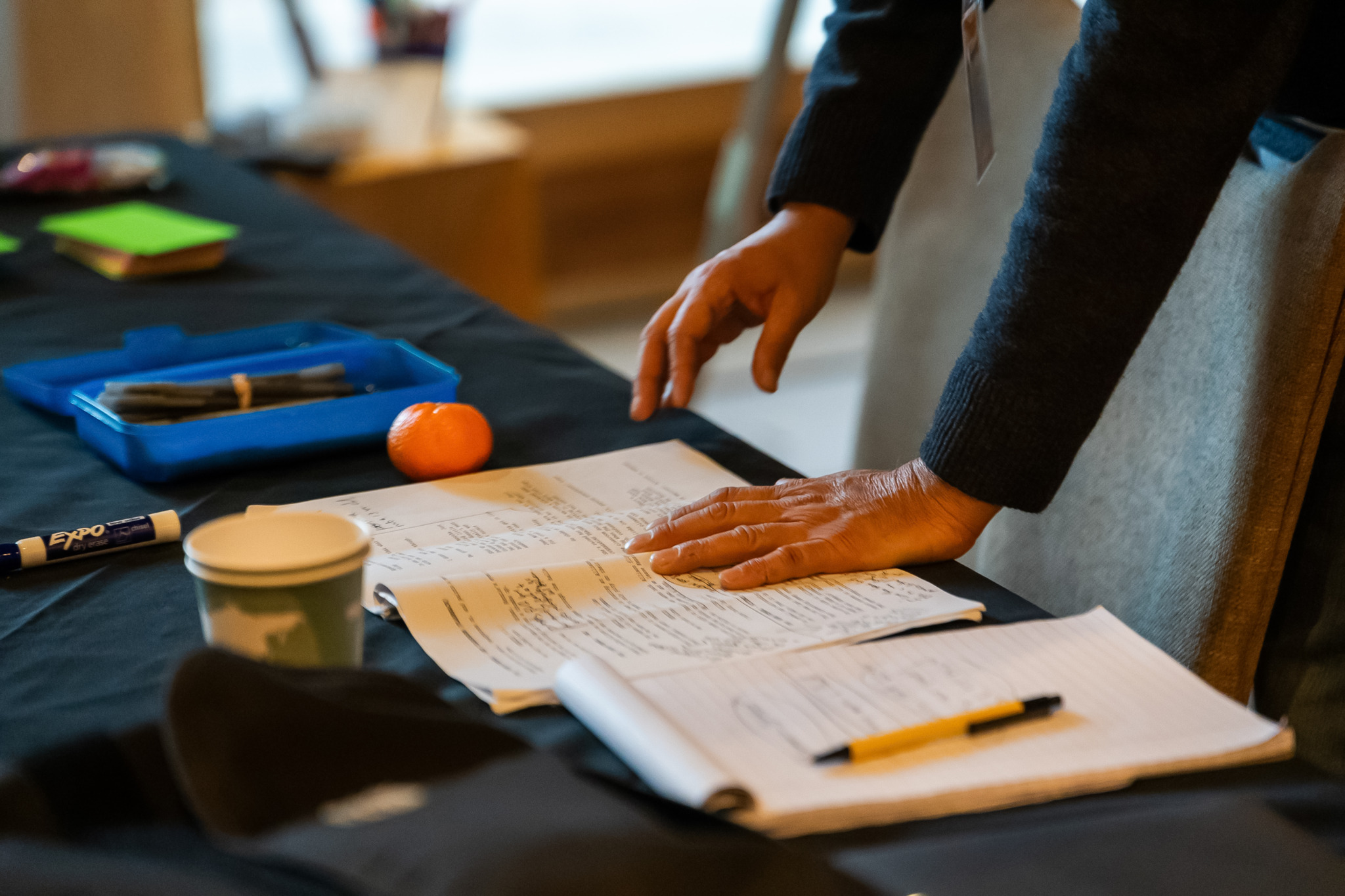
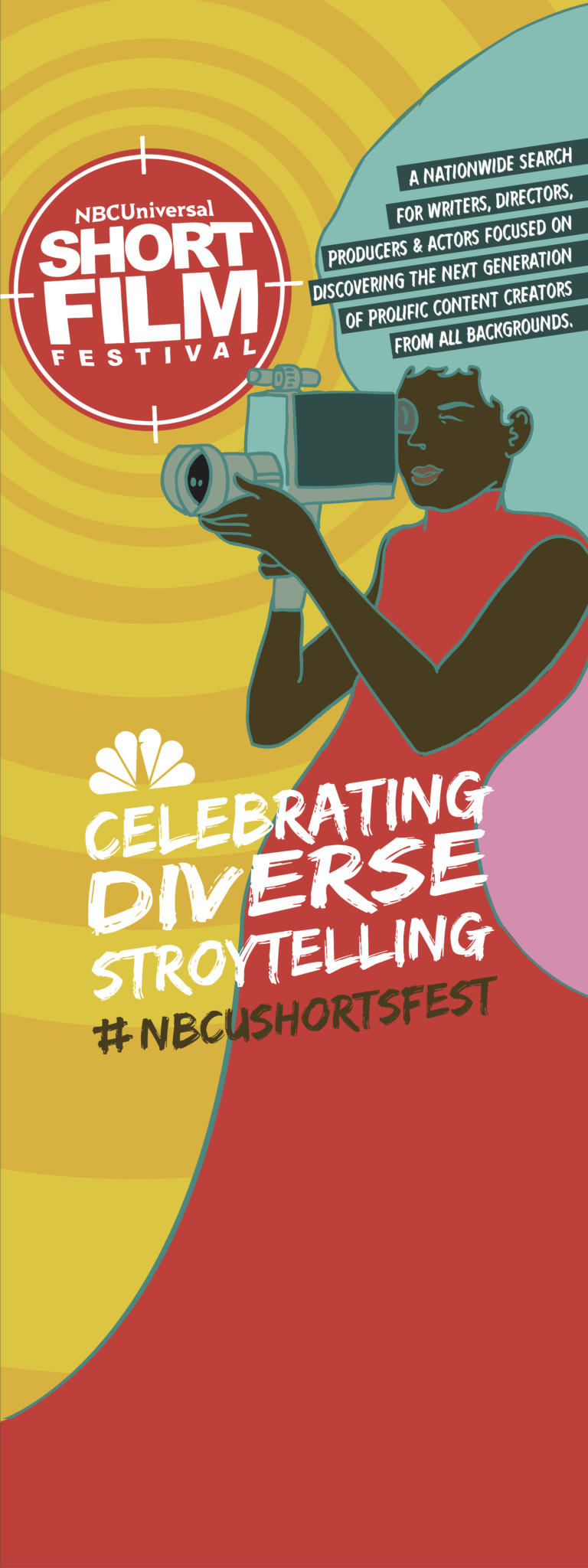
Can you share your view on NFTs? (Note: this is for education/entertainment purposes only, readers should not construe this as advice)
I have a love hate relationship with NFTs and all luxury priced private art acquisitions for that matter.
#1) How much of sales is actually just money laundering?
#2) If a visual masterpiece is such a provocative and influential commentary on the world or its inhabitants’ condition, shouldn’t it be shared more widely with the world?
Especially in the case of memes. Like Banksys stolen from their originally intended public environment then held captive for exclusive privileged eyes, or song recordings that never get released, just feels like colonization or a ponzi investment scheme – maybe both.
To that end, I think the artists deserve to be recognized and compensated for their art, whether or not in circulation.
Contact Info:
- Website: https://Sundance.org/Episodic
- Linkedin: https://www.linkedin.com/in/jandiz-estrada-cardoso-0197337/
Image Credits
Photographer: Shelly Simon


